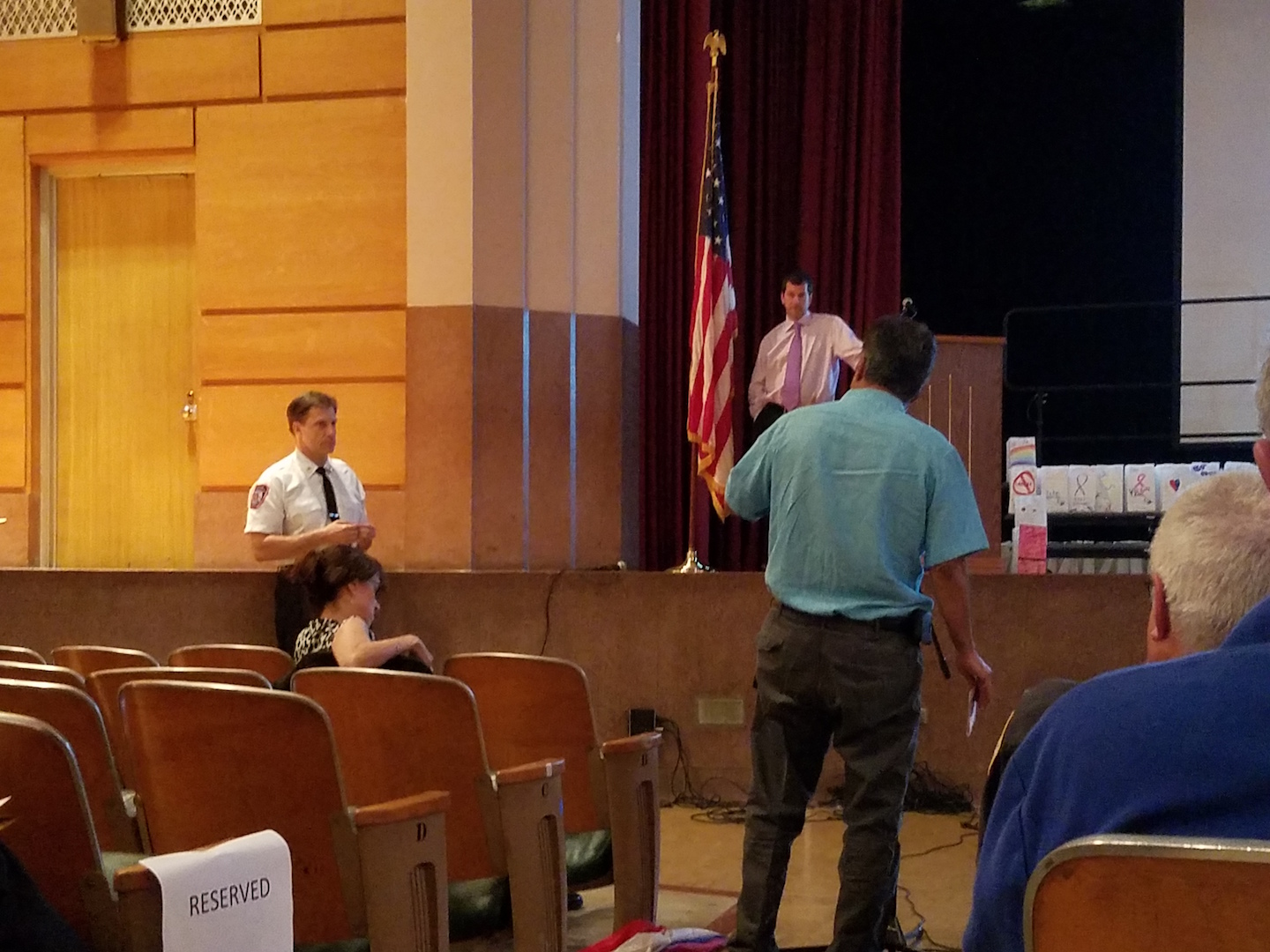
Six of the seven Great Neck villages with emergency medical services covered by Vigilant Fire Company have signed onto a new ambulance contract, making Saddle Rock the lone holdout.
And this puts Vigilant, the emergency medical service provider for Great Neck’s villages north of the Long Island Rail Road, in a bit of an awkward position.
“We will always respond. We’re not going to not respond,” said David Weiss, chairman of Vigilant’s Board of Trustees. “But I think it’s not good business practice to do that [to not sign the contract].”
The villages of Kings Point, Great Neck, Saddle Rock, Thomaston, Great Neck Plaza, Great Neck Estates and Kensington negotiate the contract, with each agreeing to pay specific amounts for a year of ambulance services. Saddle Rock’s portion of the ambulance contract is about 3 to 4 percent, according to Vigilant.
Vigilant Fire Company also serves the Town of North Hempstead.
Ambulance contracts go by calendar year, lasting from Jan. 1 to Dec. 31. Typically, a village pays the old rate for service until it signs a new contract. The village would then pay the difference and go by the new payment rate.
When contacted by email regarding why Saddle Rock has not signed the new ambulance contract with Vigilant, Mayor Dan Levy said he is out of the country until Aug. 9 and he will comment then.
Efforts to reach Deputy Mayor David Schwartz were not successful.
Vigilant Fire Chief Joshua Forst declined to speculate on Saddle Rock’s reasoning, but noted collaboration with village officials.
“My own personal feeling is the Vigilant Fire Company responds to the EMS side around 2,000 times a year and that we strive to have a positive working relationship with all the villages and the town where we provide services,” Forst said. “We hope that all of our partners feel the same way about us as we do about them and their residents.”
In the past, village mayors have asked the fire company to investigate billing for medical services. They cited it as a possible way to recoup costs and help retain other services as the state imposed tax cap pressures their budgets.
Levy has been particularly outspoken in favor of this, although it is unclear if this has influenced the village to hold off on signing a contract.
Speaking at a public forum in June hosted by Vigilant Fire Company to inform the community about what billing insurance companies for emergency medical services could mean for people, he tried making a forceful case.
“We can get more services, better or more equipment, more paid paramedics or we can even get better response and ultimately we get better service to our residents with less money, less out of pocket,” Levy said at the time. “We cannot lessen their medical insurance bill, but we could lessen their tax bill.”






